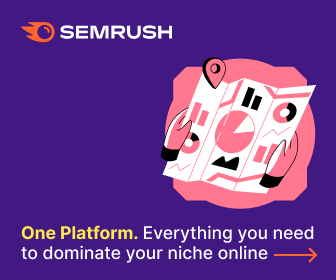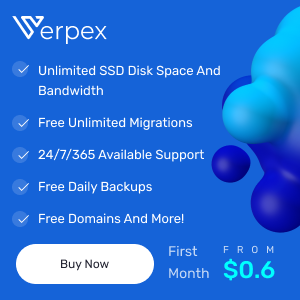
In the ever-evolving landscape of digital art, Non-Fungible Tokens (NFTs) have emerged as a groundbreaking way for artists to monetize their creations. Selling NFT images isn’t just about showcasing art; it’s about navigating a complex marketplace and employing savvy strategies to maximize earnings. Here’s a comprehensive guide on how to thrive in this dynamic space.
Understanding the NFT Marketplace
The NFT marketplace operates on blockchain technology, where unique digital assets are tokenized and traded. For artists, this means converting their digital art into NFTs, providing each piece with a distinct identity and ownership history.
Tips for Selling NFT Images

1. Quality Matters
Invest time in creating high-quality, unique, and visually striking images. The more distinctive your art, the higher the potential demand.
2. Tell Your Story
Art is not just about the visuals; it’s about the narrative behind it. Share your creative process, inspirations, and the story woven into each piece. This emotional connection can significantly enhance its value.
3. Choose the Right Platform
Different platforms cater to different audiences. Research and select platforms that align with your art style and target audience. Platforms like OpenSea, Rarible, and Foundation offer various opportunities.
4. Build Your Brand
Consistency and a recognizable style can build your brand as an artist. Engage with your audience through social media, participate in art communities, and showcase your process to establish a loyal following.
5. Timing and Trends
Keep an eye on market trends and the timing of your releases. Sometimes, aligning your art with current trends or events can significantly boost its value.
6. Pricing Strategies
Set reasonable prices that reflect the value of your art. Consider starting with lower prices to attract initial buyers and gradually increase as your reputation and demand grow.
7. Engage with the Community
Participate in discussions, collaborations, and auctions within the NFT community. Networking and engaging with other artists and collectors can expand your reach and visibility.
Boosting Earnings

1. Secondary Sales
Some platforms allow artists to earn a percentage of secondary sales. Consider platforms that offer royalties to ensure ongoing revenue as your art appreciates.
2. Limited Edition and Rarity
Experiment with limited editions or collections, creating scarcity to increase the perceived value of your work.
3. Token Utility
Consider adding additional perks or utility to your NFTs, such as access to exclusive content or experiences, making them more enticing to buyers.
4. Collaborations and Partnerships
Collaborating with other artists or influencers can expand your audience and attract different buyer demographics.
Authenticity and Verification
1. Proof of Authenticity
Highlight the importance of proving the authenticity of your NFT images. Explain how the blockchain serves as an immutable ledger, certifying the originality and ownership of each piece of art. Emphasize how this verification process adds significant value to the artwork.
2. Transparency in Ownership
Discuss the transparency offered by blockchain technology, allowing buyers to trace the ownership history of an NFT. This transparency fosters trust and reassures potential buyers about the legitimacy of the artwork they’re considering purchasing.
Mitigating Risks and Legal Considerations
1. Smart Contract Understanding
Explain the significance of understanding smart contracts associated with NFTs. Educate artists on the importance of thoroughly reviewing and comprehending the terms embedded within these contracts to ensure fairness and protect their rights.
2. Copyright and Intellectual Property
Delve into the legal aspects of copyright and intellectual property rights when selling NFT images. Encourage artists to protect their work by understanding copyright laws and considering legal advice to safeguard their creations in the digital space.
Conclusion
In the bustling realm of NFTs, selling images isn’t solely about the artwork — it’s about embracing transparency, understanding the legal landscape, and harnessing the potential of blockchain technology. By prioritizing authenticity, educating oneself on smart contracts and legalities, artists can not only enhance their earnings but also secure their creative legacy in the burgeoning world of digital art.



















.png)




0 Comments